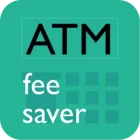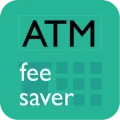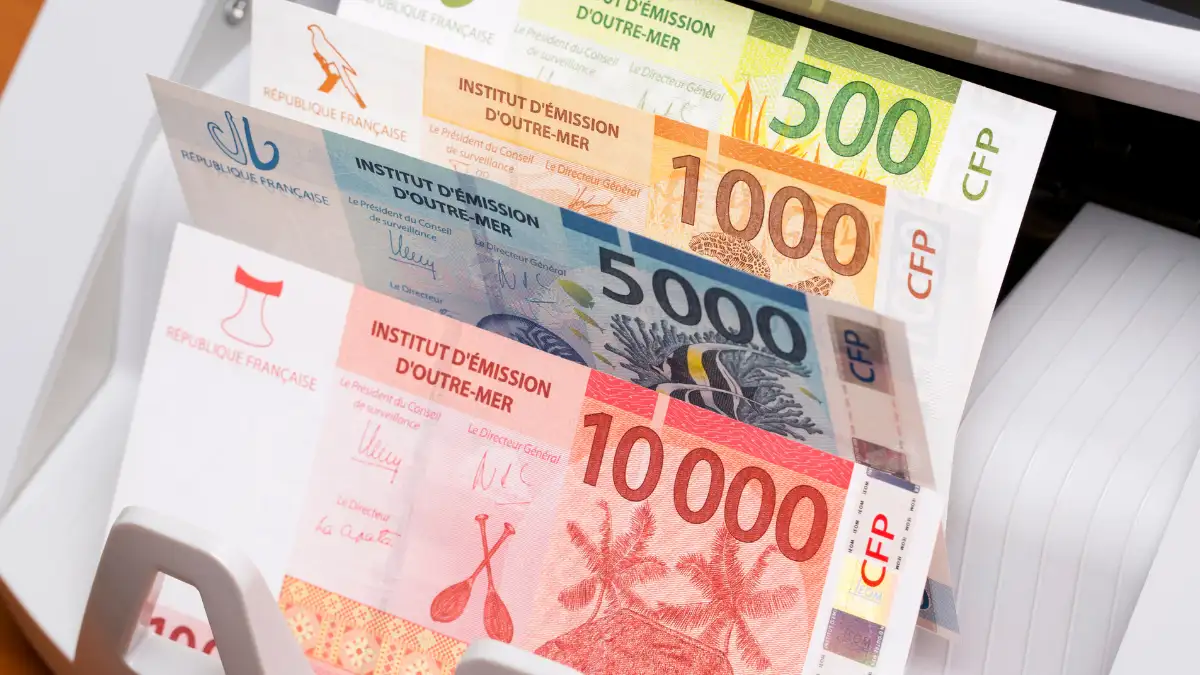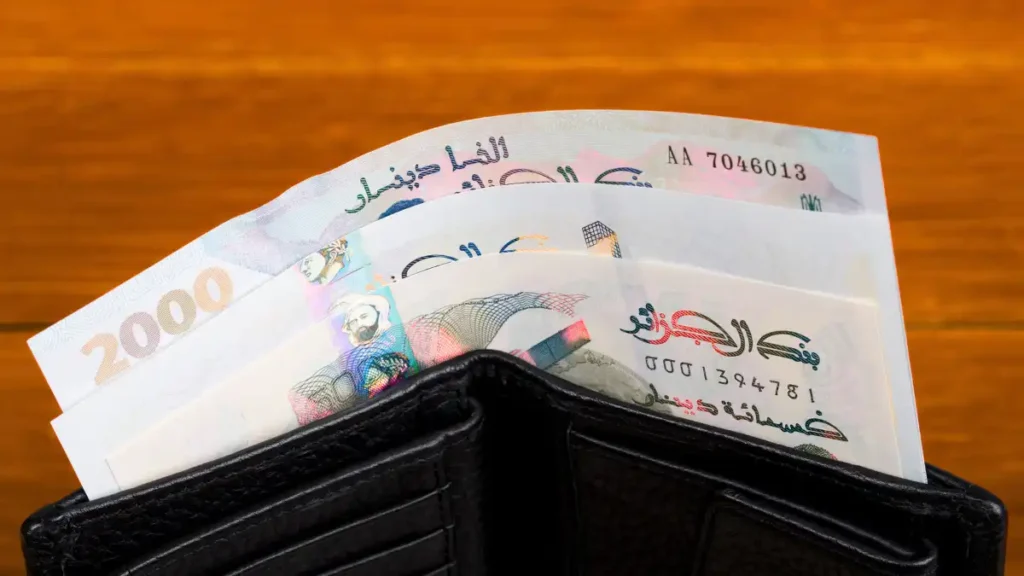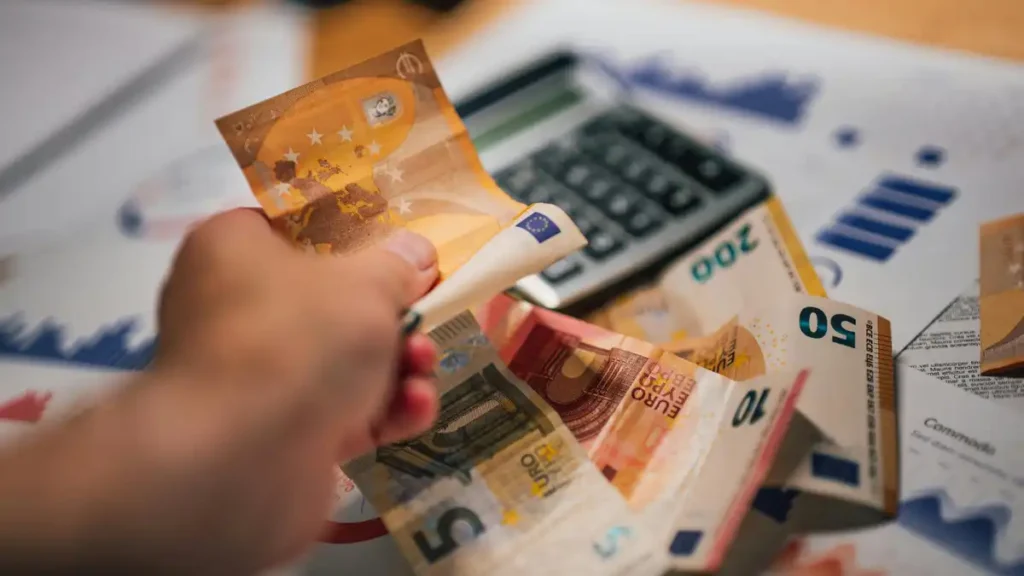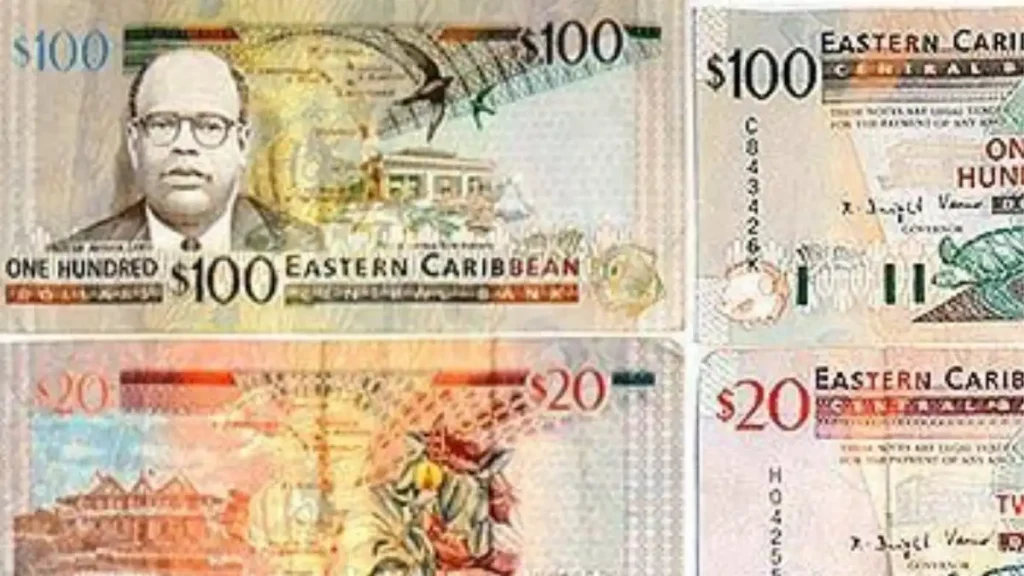New Caledonia’s blend of French sophistication and South Pacific beauty makes it a unique island getaway – but understanding money in New Caledonia and how currency works is key to enjoying it stress-free. Whether you’re snorkeling in lagoons, dining in Nouméa, or shopping at local markets, knowing how to pay will make your trip smoother. This guide explains what currency to bring, how to get money and currency in New Caledonia (CFP Franc – XPF), cash and card usage tips, and key dos and don’ts. With these insights, you’ll avoid hidden costs and travel smart in paradise.
How to pay in New Caledonia – cash or card?
In New Caledonia, particularly in urban hubs like Nouméa, both cash and cards are widely accepted in urban areas. But beyond those areas, cash is essential. So while cards are handy in tourist and city zones, rural parts and small vendors often operate strictly with cash. The CFP franc (XPF) is the official currency.
You can use cash for:
- Street Vendors and Markets: Local markets and roadside stalls often prefer cash.
- Public Transportation: Buses and some ferries are cash-only.
- Small Businesses: Independent cafés, snack bars, and family-run shops may favor cash for small transactions.
- Hostels and Guesthouses: Some budget accommodations require cash payment.
- Tips and Gratuities: While tipping isn’t a big custom, small cash tips are appreciated.
- Rural Areas: Card acceptance may be limited outside main towns.
You can use card for:
- Hotels: All hotels in Nouméa and tourist areas accept major cards.
- Restaurants: Most sit-down restaurants in urban areas take cards.
- Retail Stores: Malls, supermarkets, and branded shops accept cards.
- Car Rentals and Tours: Cards are standard for bookings and deposits.
- Online Bookings: Flights, hotels, and activities can be paid online by card.
What’s the best currency to take to New Caledonia?
The CFP Franc (XPF) is the official currency in New Caledonia, and it’s the only currency accepted for local payments.
Euros, US Dollars, and other foreign currencies are not accepted, even in tourist areas. If you bring cash, you’ll need to exchange it at local banks or exchange offices in Nouméa or the airport, but rates may not be ideal.
Where to get currency in New Caledonia?
There are 3 main ways to get cash in New Caledonia. They are:
- ATMs, or
- Currency exchange, or
- Money transfer & local pick-up
Types of cards to swipe in New Caledonia
Establishments with POS machines readily accept Visa and Mastercards for swiping. You might also find some places that accept Amex and other cards, albeit less frequently.
Types of cards at ATMs in New Caledonia
If you’re withdrawing money in New Caledonia from an ATM, ATMs commonly accept Visa, Mastercard, Plus, Cirrus, CUP, JCB, Maestro cards. Others like American Express, Diners, Discover and Rupay cards are generally not accepted.
Should I exchange money before travelling to New Caledonia?
Bringing a small amount of CFP Francs (XPF) before traveling is useful for taxis or snacks, but it’s not always easy to obtain abroad. A practical option is to bring EUR or AUD to exchange upon arrival.
ATMs are widely available in Nouméa, the airport, and main towns, and accept Visa and Mastercard. Cirrus and Plus may work, but it’s best to confirm with your bank. Fees and limits may apply.
Currency exchange is available at banks and exchange bureaus, with better rates in town than at the airport. EUR is the easiest foreign currency to exchange.
Where to withdraw money in New Caledonia
You can withdraw money in New Caledonia at leading bank ATMs in the country. The best ATMs for foreigners to use in New Caledonia are those owned by popular banks such as:
- BCI,
- BNC,
- Societe Generale,
- BNP Paribas, and
- Banque Postale.
There are other banks with ATMs that also accept international debit and credit cards.
For a detailed guide, read Cash and ATMs in New Caledonia.
Where to exchange currency in New Caledonia
Common places to exchange currency in New Caledonia are licenced exchange bureaus or banks.
You’ll encounter a few unique exchange scenarios. In Nouméa, you’ll find small exchange kiosks in commercial hubs (like around Rendevouz and Caillou).
Banks (BCI, Banque de Nouvelle-Calédonie, Banque Socredo) also exchange currency, running business hours mostly Monday-Friday, 8:00-16:00.
Airport counters at La Tontouta International Airport handle quick conversions at arrival as well as inside some resorts, however, they won’t offer good exchange rates.
Pro tip: Bring EUR, as it’s the most straightforward to exchange – avoid USD and smaller, lesser-used notes.
You can find good currency exchanges in New Caledonia using the ATM Fee Saver app – it will guide you to the nearest currency exchange on the map. The app helps you with forex places in 160+ countries, including New Caledonia. Download now from the App Store or Play Store.
Avoid Airport Exchanges and no-fee exchange offices: They have the highest fees and poorest exchange rates. Wait to get to the city to exchange cash.
Is carrying cash in New Caledonia safe?
Carrying cash in New Caledonia is generally safe, especially in Nouméa and the main islands. However, as with most destinations, it’s smart to take precautions in busy areas or during events when crowds are present.
To manage cash safely in New Caledonia:
- Carry only enough for the day and store the rest in a hotel safe or secure pouch.
- Use a zippered handbag or front-pocket wallet for security.
- Avoid displaying cash while paying in markets or small shops.
- Use ATMs inside banks, shopping centers, or hotels.
- Cash is useful for local markets, taxis, and smaller vendors – so keep small bills handy.
- Major establishments often accept cards, but rural areas may be cash-only.
Is it better to use debit or credit cards or pay by cash in New Caledonia
Use a card if it is fee-free i.e. your bank does not charge any fees to swipe the card, when the merchant / POS also does not impose any extra charge to use a card, you need to use the insurance of the card, don’t want to block cash of large purchases and card’s swipe fees are lower than withdrawal fees.
Pay by cash by withdrawing cash from ATM or exchanging currency where – fees on ATM withdrawals are lesser than fees on swiping cards, you don’t want to leave any digital footprint of your expenses, it is convenient and easier to conduct transactions.
